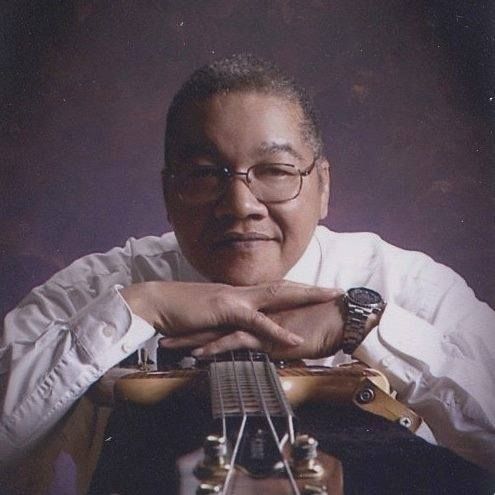Since my favorite fantasy character (along with Galactus) has been in the news lately, I thought I’d share…..
Category Archives: comics
Asante Sana, #MilestoneMedia Artist Mark (M.D.) Bright, 69
This is truly sad news. He was the artist for Icon, who, despite being a conservative in his first incarnation, was perhaps my favorite Milestone superhero!
Here are some obits and here is his Wiki.





“X-Men ’97” Official Trailer
I remember so clearly when this was “sneak-peek”ed in the fall 1992. It feels like a lifetime ago: I had just started grad school. It was on #FoxKids, home of #BatmanTheAnimatedSeries. I hadn’t read a X-Men comic since 1985 so I didn’t know half the team’s members. I quickly learned and for much of the ’90s dopamine instantly flooded my insides whenever I heard the words, “Previously, on ‘X-Men’….” So, #MarvelEntertainment #MarvelEnterprises, please air these *in order* this time? An advance THANKS!
MARCH 25th UPDATE: WOW, WOW, WOW! What a debut!
Finally! Fantastic Four Cast!

Best Valentine’s Day EVER 🙂
From AI:
Generative AI is experimental. Learn more
Marvel Studios announced the cast for The Fantastic Four on Valentine’s Day, 2024, with a Valentine’s Day-themed art on Instagram:
Pedro Pascal: Plays Reed Richards/Mr. Fantastic
Vanessa Kirby: Plays Sue Storm
Ebon Moss-Bachrach: Plays Ben Grimm
Joseph Quinn: Plays Johnny Storm
FEBRUARY 22 UPDATE: This FF-oriented image was used for this article on Marvel’s attempt to fix itself.

“Rogers: The Musical”
I’m shocked at how this sly, goofy Hamilton homage really hits the mark!
“Meanwhile, At The Hall of Justice….” Fifty Years Ago Today……
…..Saturday mornings on ABC became appointment television for millions of 1970s children across America. (All this and Scooby-Doo and Schoolhouse Rock, too!)
Oh, an important societal note:
If you want to see a 1973 future-forecast prediction of Amazon.com, streaming services allowing people to stay home, etc., please find and watch all of the first-season episode “Professor Goodfellow’s G.E.E.C.” Two small excerpts:
My Novel’s First Draft: Labors End, Labors Begin
So that’s what writing a rough draft of a novel is like!
Mine was easy since my novel is 80 percent true!


So I learned that all the fiction-writing stereotypes are true.
- You do get ideas when you’re trying to go to sleep.

- The characters do talk to you in your head until you write down what they are saying and/or doing.
- It does take as much time as you give it.
- It is true that the reader doesn’t have to know the whole history and background of your characters, but you do.
- You do miss your characters when you are done and it is a good idea to jump right into another project–as in “meeting someone new.” 🙂
- It does take a certain stamina and commitment to finish–particularly when you realize it’s just a first draft. (I haven’t run it through the AI yet.)

Thank You, John Romita, Sr…..
Marvel Studios’ The Marvels | Teaser Trailer
Just the trailer makes me want to see this team in its own movie trilogy! And I love this choice from The Beasties!
SEPTEMBER 14th UPDATE:
WOW!!!! Does This New “SpiderVerse” Trailer *Alone* Beat “Spider-Man: No Way Home”????????
I’m really glad I read that phone-book comic omnibus SpiderVerse/SpiderGeddon, one of the longest but best Spidey stories ever.

